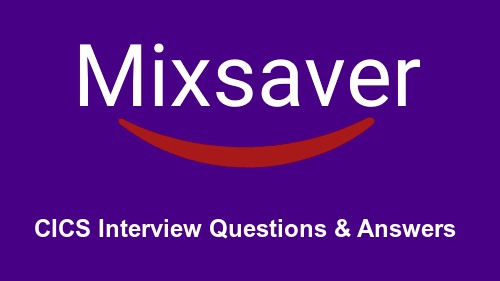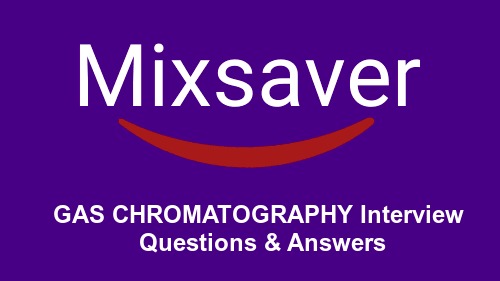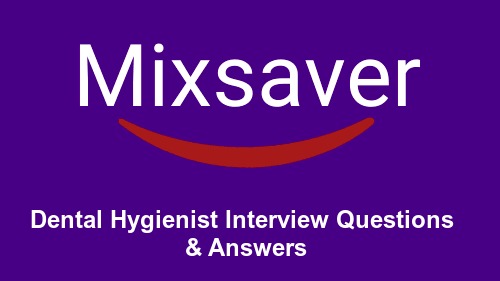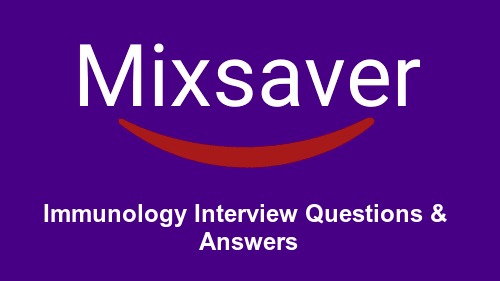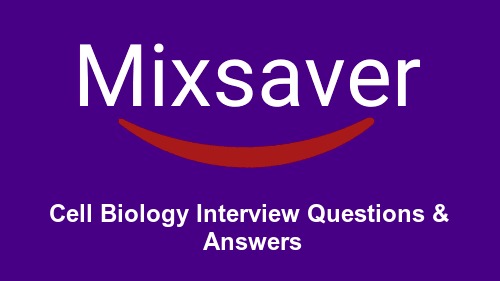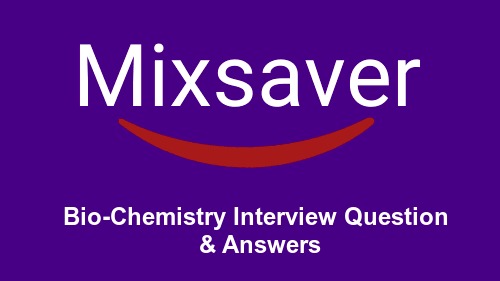1. What is the difference between START and XCTL?
START is used to start a new task. It is an interval control command. XCTL is used to pass control to a program within the same task. It is a program control command.
2. What are the three BMS options?
Minimum, Standard, FULL
3. What is the primary objective of CICS?
To provide the control and services of the DB/DC system
4. What is transient data?
Transient data provides the CICS program with a simple method for sequential processing, often used to produce output for 3270 printers
5. What is Journal Recovery and Dynamic Transaction Backout?
Journal Recovery is the recovery of changes made to a file during online processing. If a file has I/O problems it is restored from a backup taken before online processing began and the journalled changes are applied. Dynamic transaction backout is the removal of partial changes made by a failed transaction.
6. How would you resolve an ASRA abend?
In COBOL II start with CEBR, and get the offset/instruction.
7. What does EIB mean?
The EIB is the EXECUTIVE INTERFACE BLOCK. It is not the EXECUTE INTERFACE BLOCK. All TP monitors or transaction processor are know as EXECUTIVEs as they carry out process on behalf of a program module. CICS and DB2 are executives.
8. What is the usage of language in the PPT entry?
Language interface and call parameters
9. How do you handle errors in CICS programs?
Check EIBRESP after the call or use the HANDLE condition.
10. Can you use DYNAMIC calls in CICS?
Yes, the called routine must be defined in PPT and the calling program must use CALL identifier...
11. Name some important fields in the EIB block?
EIBRESP, EIBCALEN, EIBRRCDE, EIBTASK, EIBDATE, EIBTIME
12. What is EXEC CICS RETRIEVE?
Used by STARTed tasks to get the parameters passed to them.
13. What are different ways of initiating transaction in CICS?
We can initiate CICS transaction
a) by giving transaction id
b) by giving CICS start command
c) automatic task initiation
14. What is an ASRA abend?
Any data exception problem SOC7, SOC4 etc.
15. What is ENQ, DEQ?
Task control commands to make resources serially reusable.
16. What is the use of DCT?
Destination Control Table used define TDQs
17. When you compile a CICS program, the (pre) compiler puts an extra chunk of code. Where does it get included and that is it called? What is its length?
DFHEIBLK, DFHCOMMAREA.
18. What is MDT? What are FSET, FRSET?
MDT: Bit in the attribute byte indicating modification of field on screen. Happens on an input operation.
FSET: Sets MDT on to ensure field is transmitted. Happens on an output operation
FRSET: Reset MDT. Until this happens, field continues to be sent.
19. What is the attribute byte?
Defines the display/transmission of field. Most cases is an output field from the program.
20. What is the difference between physical map and symbolic map?
The physical map is the load module and the symbolic map is the data structure.
21. Can a program change protected field?
NO
22. What is the difference between a Symbolic map and Physical map?
SYMBOLIC MAP IS USED BY USER AND PHYSICAL MAP IS USED BY SYSTEM
23. Why is it important not to execute a STOP RUN in CICS?
Stop run will come out from the CICS region.
24. What is the significance of RDO?
RDO is Resource Definition Online. Since release 1.6 RDO allows resources (terminals, programs, transactions and files) to be defined interactively while CICS is running.
25. What is ASRAABEND in CICS?
It occurs when program interruption takes place. e.g. when alphanumeric string moved to numeric data item OR when arithmetic calculations performed on nunnumeric data item OR when an attempt made to read an occurrence of a table beyond the defined occurrences.
26. What is the ABEND command and when would you use it?
The ABEND command forces a task to end abnormally. It creates a transaction dump and invokes the dynamic transaction backout.
27. What is the CICS LOAD command?
The LOAD command retrieves an object program from disk and loads it into main storage - it's primarily used for a constant table that will be available system-wide.
28. What is task control and what are the CICS commands associated with it?
Task control refers to the CICS functions that manage the execution of tasks. Task control commands are SUSPEND, ENQ, and DEQ.
29. What is interval control and what are some of the CICS commands associated with it?
CICS interval control provides a variety of time-related features - common commands are ASKTIME, PORMATTIME, START, RETRIEVE, and CANCEL.
30. What is the difference between the XCTL and LINK commands?
The LINK command anticipates return of control to the calling program, the XCTL command does not. RETURN to the calling program will be the result of the CICS RETURN command, specifying TRANSID (name of the calling program)
